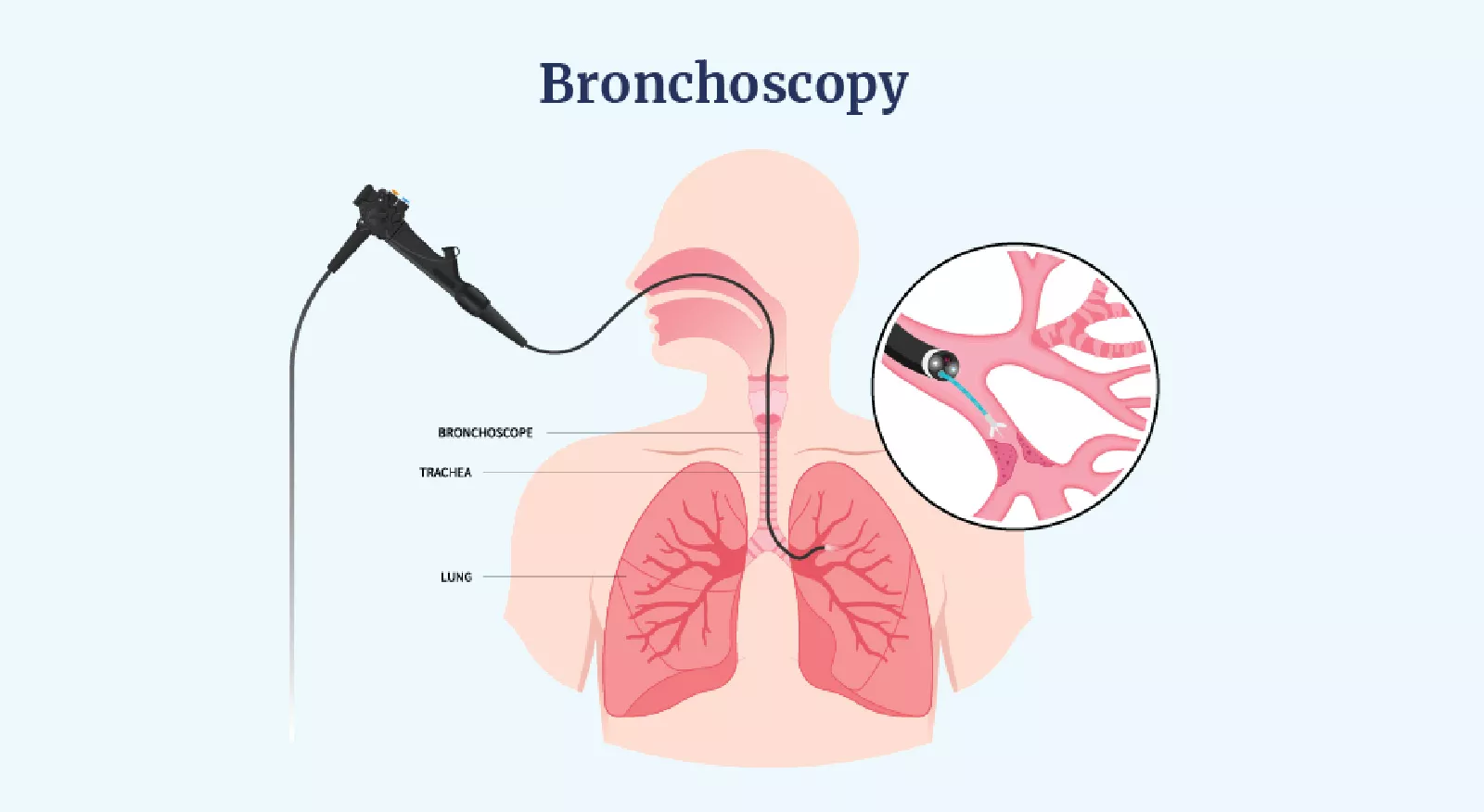Sleep, an essential component of our daily routine, plays a critical role in our overall health and well-being. However, in today’s fast-paced world, many of us struggle to get adequate sleep, leading to a phenomenon known as "sleep debt." This blog aims to delve into what sleep debt is, its consequences, and how we can effectively manage it.
What is Sleep Debt?
Sleep debt refers to the cumulative effect of not getting enough sleep. It is the difference between the amount of sleep you should be getting and the amount you actually get. For instance, if you need 8 hours of sleep per night but only get 6, you accumulate 2 hours of sleep debt each night. This debt can build up over time, leading to significant health and performance deficits.
What are the Consequences of Sleep Debt?
The repercussions of sleep debt are far-reaching and can affect various aspects of your life:
Physical Health: Chronic sleep deprivation can lead to obesity, cardiovascular disease, diabetes, and weakened immune system.
Mental Health: It can exacerbate mental health issues such as depression and anxiety and can lead to irritability and mood swings.
Cognitive Functioning: Sleep debt impairs attention, alertness, concentration, reasoning, and problem-solving. It can also affect memory consolidation.
Safety Risks: Drowsiness can lead to accidents and errors in daily activities, including driving, where it significantly increases the risk of accidents.
Quality of Life: Overall quality of life can deteriorate, with impacts on social interactions, job performance, and general life satisfaction.
What are the Ways One Can Manage Sleep Debt?
Managing sleep debt involves both catching up on lost sleep and establishing a sustainable sleep routine:
Catch-up on Sleep: Short-term sleep debt can be repaid by adding extra hours of sleep over the next few nights. You can go to bed earlier, wake up later, or take naps, though naps should not be too close to your regular bedtime.
Consistent Sleep Schedule: Establish a regular sleep schedule, going to bed and waking up at the same time every day, including weekends.
Create a Sleep-Friendly Environment: Ensure your sleep environment is conducive to rest. It should be quiet, dark, and at a comfortable temperature.
Limit Caffeine and Alcohol: Avoid caffeine and alcohol close to bedtime, as they can interfere with the quality of your sleep.
Relaxation Techniques: Engage in relaxing activities before bed, such as reading, taking a warm bath, or practicing meditation.
Limit Screen Time: Reduce exposure to screens at least an hour before bedtime, as the blue light emitted can disrupt your body’s natural sleep-wake cycle.
Seek Professional Help: If sleep issues persist, it may be wise to consult a sleep specialist or a healthcare provider.


















































































